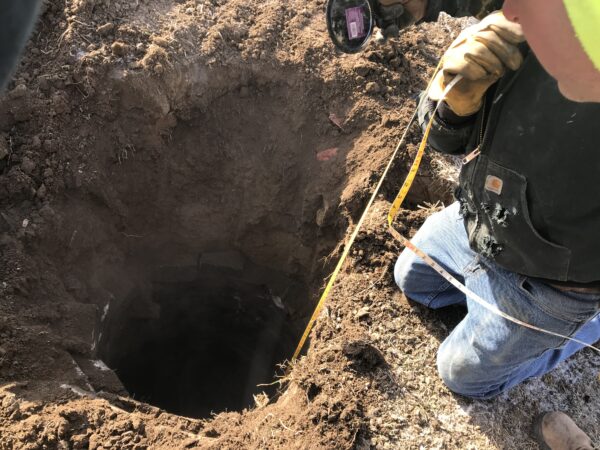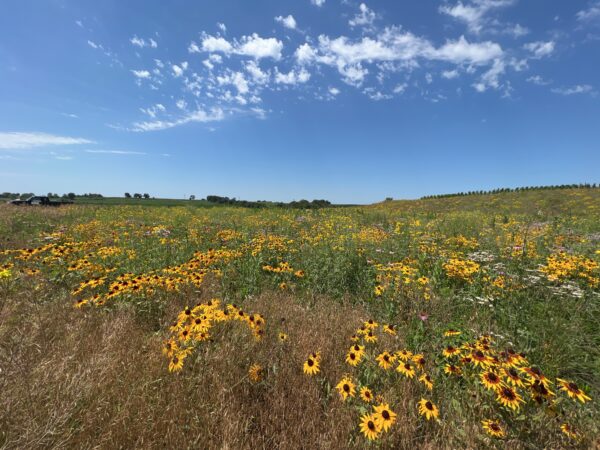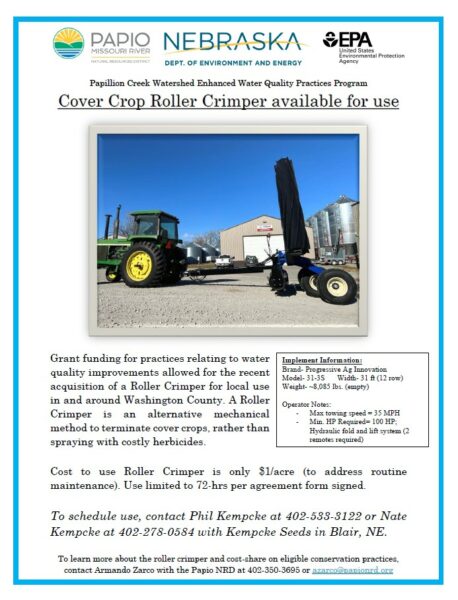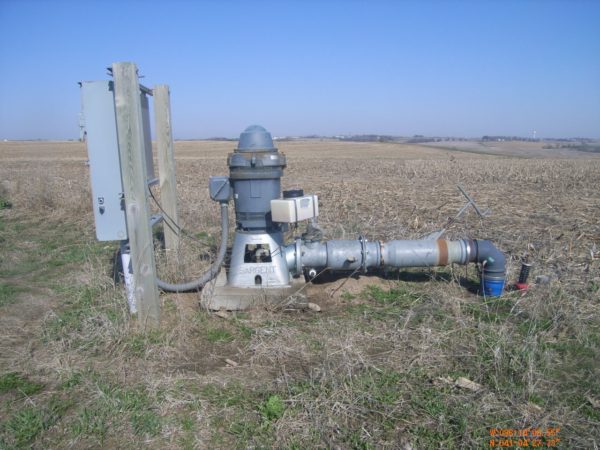Unused water wells left unsecure are a hazard to water quality, people, livestock, and pets. The Papio-Missouri River Natural Resources District (Papio NRD) is aiming to help educate landowners within its six-county area of the importance of abandoning unused wells, as well the cost-share program it provides to help with the associated expense.
Wells that aren’t properly abandoned provide a pipeline to groundwater and can be easily polluted with chemicals, fertilizers, and other contaminates. They can also pose safety risks to people and animals that may not see the wells and become trapped or potentially seriously injured.
“To help eliminate or reduce these hazards and assist landowners with the cost of abandoning unused wells, the Papio NRD provides the Well Abandonment Program,” said Terry Schumacher, land and water programs coordinator for the Papio NRD.

The Well Abandonment Program provides cost-share at a rate of 75% of the total eligible costs with a maximum of $750 for domestic drilled wells; $1,000 for dug wells; and $1,500 for city, irrigation, commercial or municipal wells.
Ed Thiele, project engineer for Habitat for Humanity of Omaha, took part in the program, as the organization is developing sites in Sarpy and Douglas counties to build new homes. “We decommissioned three wells in Sarpy County and two in Douglas County,” said Thiele.
“Obviously, we want to make sure the land is safe before construction starts and families move in. The Papio NRD’s cost-share program was of tremendous value for us on many fronts and I would most definitely recommend it to others,” said Thiele.
Eligible costs of the program include pulling rods and pump, filling cistern, chlorination, sand, bentonite, plug, and concrete. A State of Nebraska licensed well contractor, driller or pump installer must complete the abandonment to proper Department of Natural Resources rules and regulations.
“It’s really a win-win opportunity,” said Schumacher. “Our program offers landowners and others, like Habitat for Humanity, significant financial assistance to help protect our drinking water, groundwater, the public and make the process as easy as possible.”
For more information, please contact one of our Field Office representatives in your county:
Washington, Douglas & Sarpy counties: Kalani Fortina at 402-426-4782 ext. 3
Burt County: Deb Ward at 402-374-1920 ext. 3
Thurston County: Tamara Tipton at 402-846-5655
Dakota County: Mahkenna Koinzan at 402-494-4949






